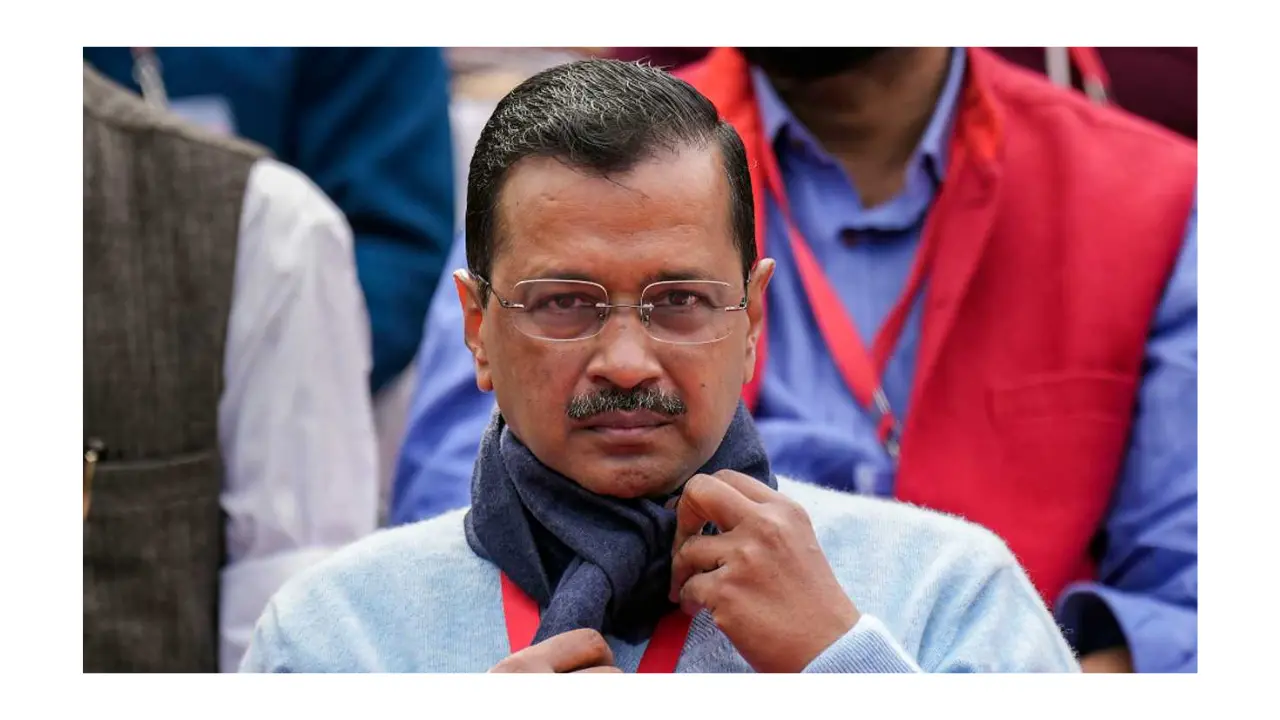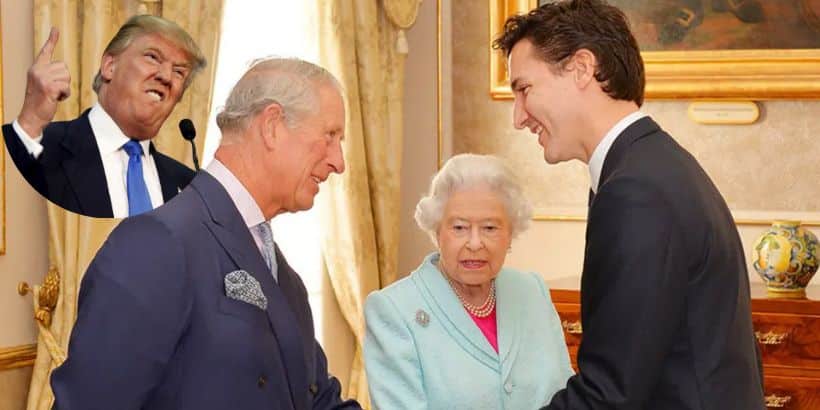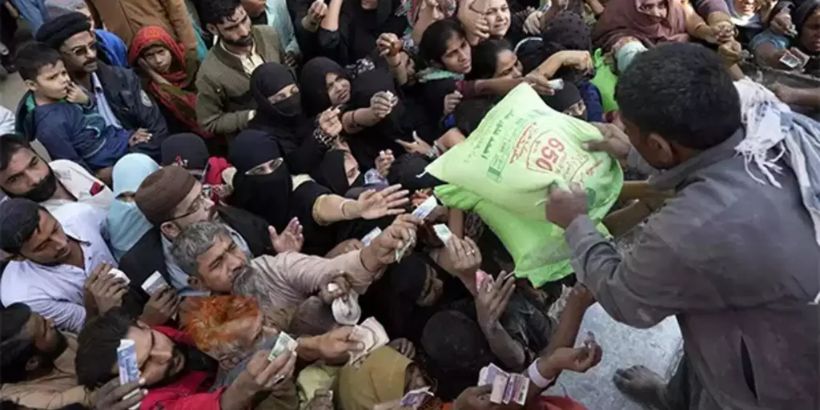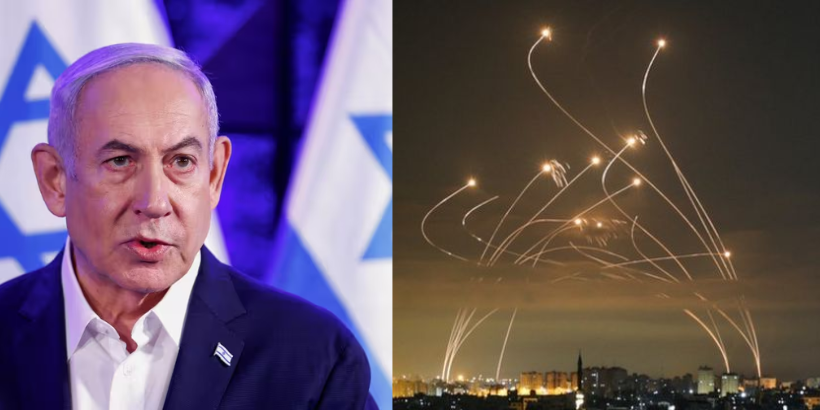Delhi HC grants Arvind Kejriwal two extra weekly meetings with lawyers. The ruling highlights Kejriwal’s need for frequent consultations amid numerous cases.
Delhi High Court Grants Arvind Kejriwal Extra Virtual Consultations
Significant to note, the Delhi High Court has allowed two more weekly virtual consultations between Delhi Chief Minister Arvind Kejriwal and his lawyers while he is in jail. This ruling came in direct response to Kejriwal’s petition, wherein he asked for more frequent legal counsel due to the many issues he was attending to across the country.
Court’s Rationale for Extra Sessions Amidst Complex Legal Battles
The court’s Justice Neena Bansal Krishna opined that extraordinary circumstances sometimes require differential responses. Jail rules allow only two visits a week by his lawyer to Kejriwal, who is currently under judicial custody in a case relating to his alleged role in the conflict over the Delhi excise policy. However, given the number of allegations filed against him, the court felt it was important to authorize the additional sessions in order to provide a fair trial and adequate legal representation.
The intricacies and magnitude of the cases—which implicated not only Delhi but also Punjab, Gujarat, Uttar Pradesh, Bihar, Goa, and Assam—required more frequent consultations, Kejriwal’s legal team claimed.
The court has accepted this contention, saying that it would be absurd to limit Kejriwal’s right to a fair trial with reference to any single case, which may give way to uncertainty and inefficiency.
Opposition by Tihar Jail Authorities and ED
The court passed the order on Kejriwal’s plea despite opposition by Tihar Jail authorities and ED. The court noted that co-accused Sanjay Singh, an AAP Rajya Sabha member, had previously received such clearance. Absconding from more meetings could further jeopardize Kejriwal’s chances of getting the requisite legal help.
The court also said that it would be very cumbersome to entertain new applications for each event and would involve unnecessary, inordinate delay. Kejriwal’s numerous fights in court nonetheless demonstrate the robustness of the judiciary in upholding fundamental freedoms.
The ruling, therefore, underlines the need for a reasonable jail curbing vis-à-vis due legal rights and, on a larger scale, access to justice for people embroiled in serious legal battles. Kejriwal is going to use the extra sessions to further solidify his reply to miscellaneous claims.





